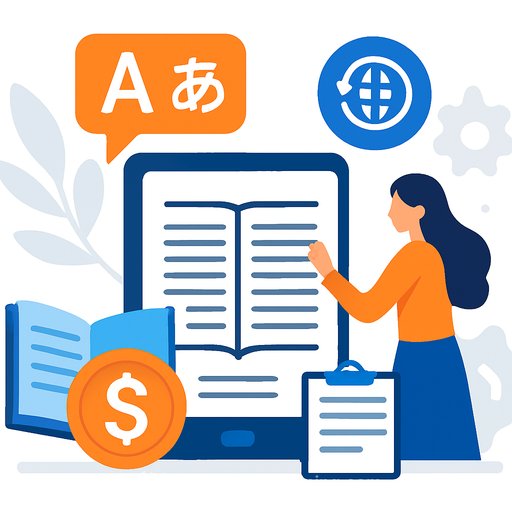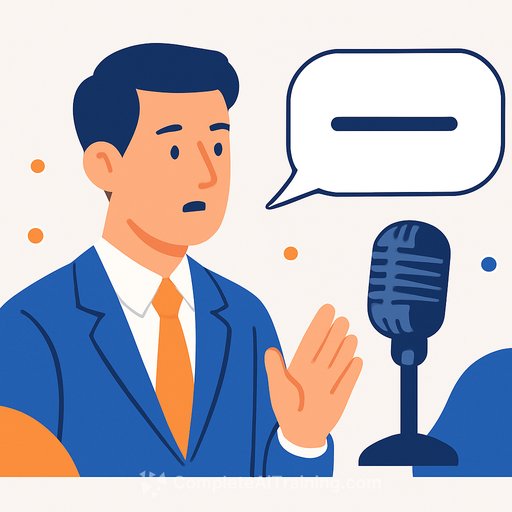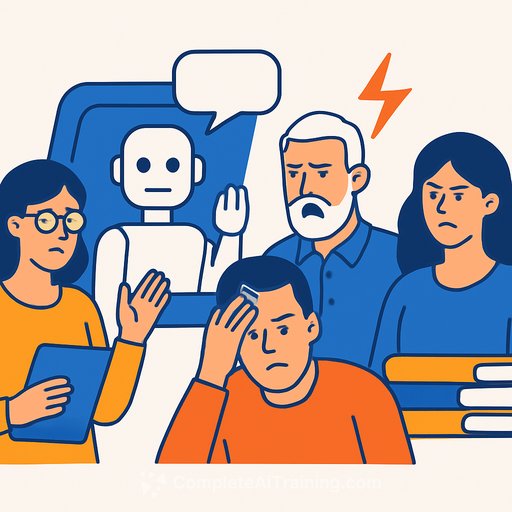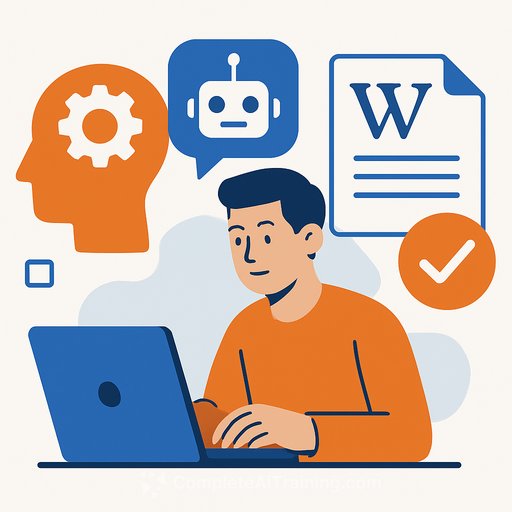Kindle Translate: What Indie Writers Need to Know (and Do) Right Now
Amazon just rolled out Kindle Translate, an AI tool that turns your ebook into new language editions from inside your KDP dashboard. It's in beta, limited access, and currently supports English↔Spanish and German→English. Translated books will be clearly labeled, show previews, and remain eligible for KDP Select and Kindle Unlimited.
The pitch is simple: faster, cheaper translations to reach more readers. The reality: quality control, rights, and royalties still have open questions.
What's Available in the Beta
Selected KDP authors can upload a manuscript, choose a supported language pair, and generate a translation in minutes. You can set pricing, publish, and manage editions like any other title. Amazon says translated books are flagged on the Kindle Store and remain eligible for KDP Select and KU perks.
The tool is free during beta. Amazon hasn't shared pricing after beta or which model(s) power the translations. More languages are planned, but no timeline has been announced.
Where the Uncertainty Lives
Royalties are not fully clarified for AI-assisted translations. Will standard 35%/70% rates apply long term, or will there be new terms? Ownership is also a concern: do you retain full rights to the AI-generated translation, and under what conditions?
Under current KDP terms, Amazon has a nonexclusive, irrevocable license to distribute your work globally. Unless you opt into KDP Select exclusivity, you can still publish elsewhere. Before you invest in edits and marketing, read the latest policy language and screenshot anything relevant to your catalog decisions.
KDP Dashboard | KDP Terms and Conditions
Quality Reality Check
Speed is great. But fiction voice, humor, idioms, and cultural nuance are easy to miss for AI. Even nonfiction can suffer when terminology shifts across regions. Expect a solid draft, not a polished book.
The practical fix is human post-editing: bilingual editors, subject-matter checks, and sensitivity reads where needed. Think of AI as a first pass that reduces time and cost, not a replacement for craft.
A Practical Playbook for Writers
- Pick one backlist title with steady reviews and clear demand. Avoid your most voice-driven work for the first test.
- Generate a translation sample and read it side by side with your original. Flag tone, idioms, names, place references, and cultural signals.
- Hire a post-editor fluent in both languages. Ask for a short paid test on a tricky chapter before committing.
- Create a glossary for character names, series terms, tech jargon, and recurring phrases. Share it with your editor.
- Run a quick beta with 3-5 native readers. Ask for clarity, flow, and "stumble spots."
- Optimize metadata in the target language: keywords, categories, and subtitle positioning. Don't copy English tags blindly.
- Price-test. Start near genre norms in that market, then adjust based on conversion and KU page reads.
- Decide on KDP Select per title. Weigh KU reach versus going wide with translated editions.
- Track read-through if it's a series. If Book 1 converts, roll out the rest with the same post-editor.
- Document everything: draft version, edits, glossary, and final files. It will save you time on the next book.
Opportunities for Freelancers and Small Teams
If you edit or translate, this is your moment. Offer "AI translation post-edit" packages: sample audit, full edit, glossary creation, and metadata tuning. Position it as faster than traditional translation, higher quality than raw machine output.
Marketers can specialize by language and genre. Spanish-language ebooks will likely lead early demand, but niche nonfiction in German→English could be profitable with the right keywords and comp titles.
Risk Management
Keep a clean paper trail: when you generated the translation, who edited it, and what changed. Add a translator/editor credit and a short note about quality control if it helps set reader expectations.
Recheck KDP terms before each release while the beta evolves. If rates or rights shift, you want to know before you scale to an entire series.
Helpful Tools for the Post-Edit Pass
- Style and grammar checkers in the target language to catch surface errors.
- A living glossary and style sheet for tone, formality, and recurring terms.
- Native beta readers in your niche. Their feedback beats generic proofreading.
Bottom Line
Kindle Translate lowers the barrier to testing new markets. Treat it as a draft generator, then layer in human editing and real reader feedback. Start with one title, measure outcomes, and scale what works.
If you want structured ways to level up your AI workflow as a writer, explore curated options by role here: AI Courses by Job.
Your membership also unlocks:






